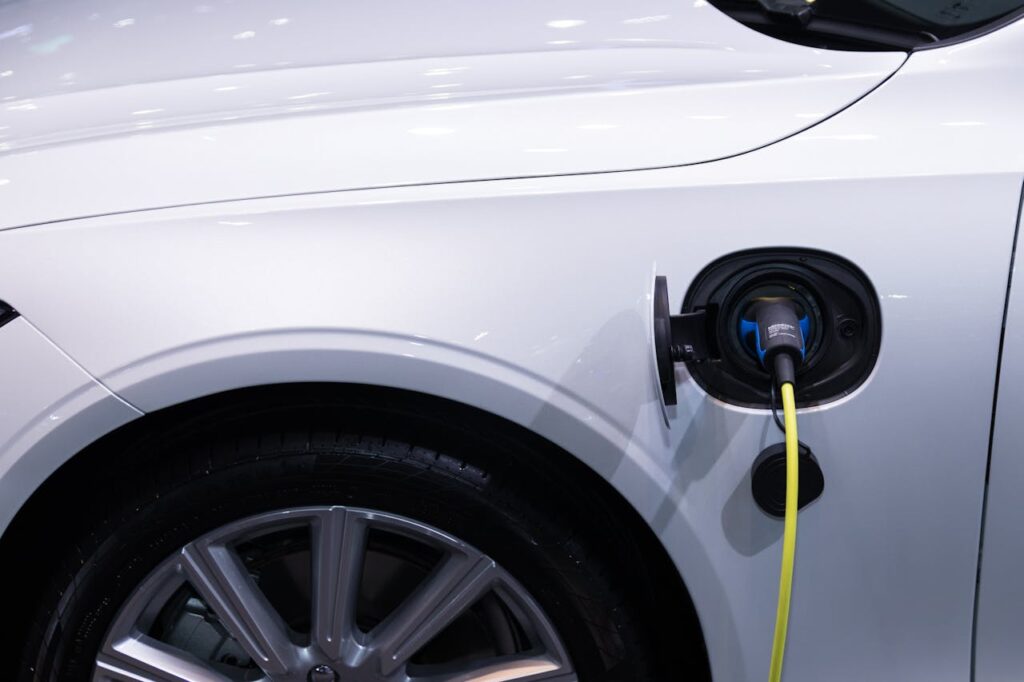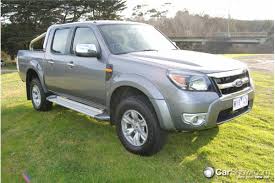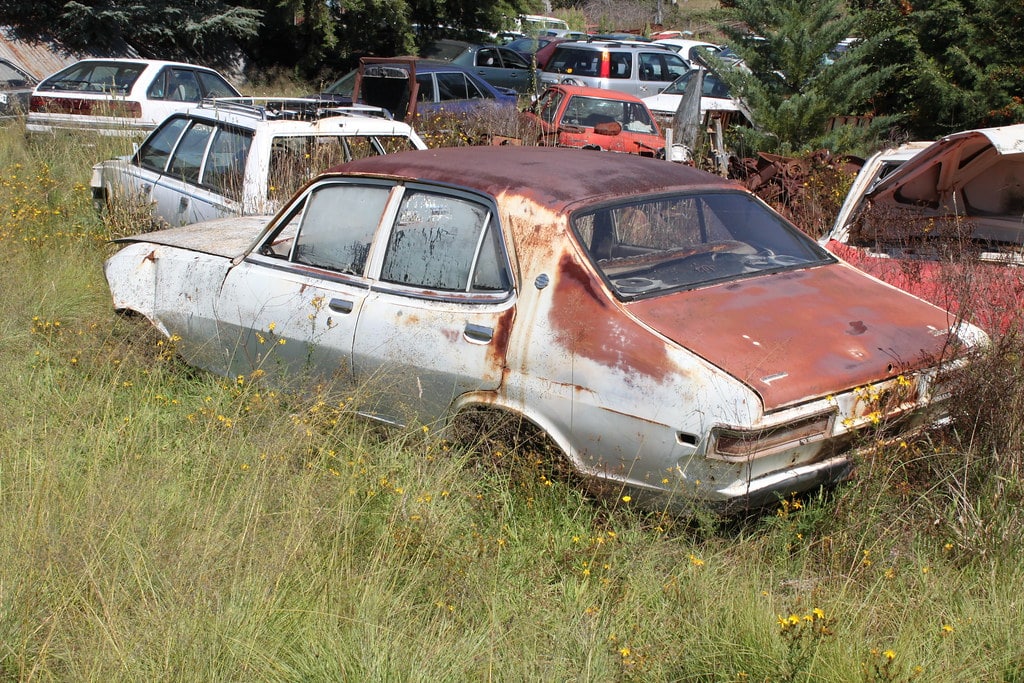What Types Of Cars Can Be Recycled
The answer to the question “What types of cars can be recycled?” is straightforward: virtually all types of cars can be recycled. This includes electric cars, hybrid cars, conventional petrol cars, diesel cars, luxury cars, and commercial vehicles. Each type has its unique set of components and materials that make them suitable for recycling.
In Australia, various brands and models from different manufacturers are recycled, contributing to sustainable automotive practices.
Electric Cars
Electric cars are at the forefront of automotive innovation and sustainability. Brands such as Tesla, Nissan, and BMW produce electric models like the Tesla Model 3, Nissan Leaf, and BMW i3 that are highly recyclable. These vehicles contain valuable materials such as lithium-ion batteries, electric motors, and advanced electronics that can be repurposed.
Recycling electric cars involves the recovery of these components to ensure they do not end up in landfills, and instead, their materials are reused in the production of new vehicles or other products.

Hybrid Cars
Hybrid cars, which combine an internal combustion engine with an electric motor, are also recyclable. Popular hybrid models in Australia include the Toyota Prius, Honda Insight, and Ford Escape Hybrid. These cars often contain nickel-metal hydride batteries and regenerative braking systems that are key targets for recycling. Hybrid cars offer a mix of materials from both conventional and electric cars, making their recycling both a challenge and an opportunity for innovation in the recycling industry.
Conventional Petrol Cars
Conventional petrol cars are perhaps the most familiar and widespread vehicles that are recycled. Models from brands like Holden, Ford, and Toyota, such as the Holden Commodore, Ford Falcon, and Toyota Corolla, are commonly recycled in Australia. These cars are primarily made of steel, aluminum, and plastic components.
Key parts such as engines, transmissions, bumpers, and interior materials are often recovered and repurposed. The well-established infrastructure for recycling these vehicles makes the process efficient and cost-effective.
Diesel Cars
Diesel cars are another category of vehicles that can be effectively recycled. In Australia, models such as the Volkswagen Golf TDI, Ford Ranger, and Toyota Land Cruiser are popular diesel vehicles that are recycled.
These cars typically have durable diesel engines, fuel systems, and exhaust systems that can be reused or recycled. The robust construction of diesel engines often means that many components can be refurbished and reintroduced into the market, extending their lifecycle and reducing waste.

Luxury Cars
Luxury cars are also highly recyclable, with brands such as Mercedes-Benz, BMW, and Audi leading the way. Models like the Mercedes-Benz S-Class, BMW 7 Series, and Audi A8 contain high-value materials such as carbon fiber, advanced electronics, and premium interior materials. These components make luxury cars particularly valuable in the recycling market. The high quality and precision of parts found in luxury cars mean they can often be reused in the manufacturing of new vehicles or other high-end products.
Commercial Vehicles
While not the primary focus, it is worth noting that commercial vehicles also fall under the umbrella of cars that can be recycled. Brands such as Toyota, Ford, and Hyundai produce commercial models like the Toyota HiLux, Ford Transit, and Hyundai iLoad that are commonly recycled.
These vehicles contain heavy-duty components such as frames, cargo areas, and specialized equipment that are prime candidates for recycling. The durability and utility of commercial vehicle parts often mean they can have a second life in other vehicles or industrial applications.
Popular Brands and Models in Australia
To provide a clearer picture of the recycling landscape in Australia, here are some specific examples of popular brands and models:
- Tesla Model 3: As a leader in electric vehicles, the Tesla Model 3 is known for its advanced battery technology and electronic systems, which are highly recyclable.
- Toyota Prius: A pioneer in hybrid technology, the Prius is a common sight in recycling facilities due to its widespread use and the valuable materials it contains.
- Holden Commodore: A staple of Australian roads, the Commodore’s robust construction and commonality make it a frequent candidate for recycling.
- Volkswagen Golf TDI: Known for its fuel efficiency and reliable diesel engine, the Golf TDI is a popular model for recycling.
- Mercedes-Benz S-Class: This luxury vehicle contains numerous high-value materials that make it particularly valuable in the recycling market.
- Toyota HiLux: A versatile commercial vehicle, the HiLux is known for its durability and the recyclability of its heavy-duty components.
Final Points
In summary, a wide range of cars can be recycled, from electric and hybrid cars to conventional gasoline and diesel vehicles, as well as luxury cars and commercial vehicles. In Australia, popular models from brands like Tesla, Toyota, Holden, Volkswagen, Mercedes-Benz, and Ford are frequently recycled.
These cars contain valuable materials and components that can be repurposed, contributing to a more sustainable automotive industry. The recycling of these vehicles not only helps in reducing waste but also supports the circular economy by ensuring that materials are reused and repurposed effectively.

